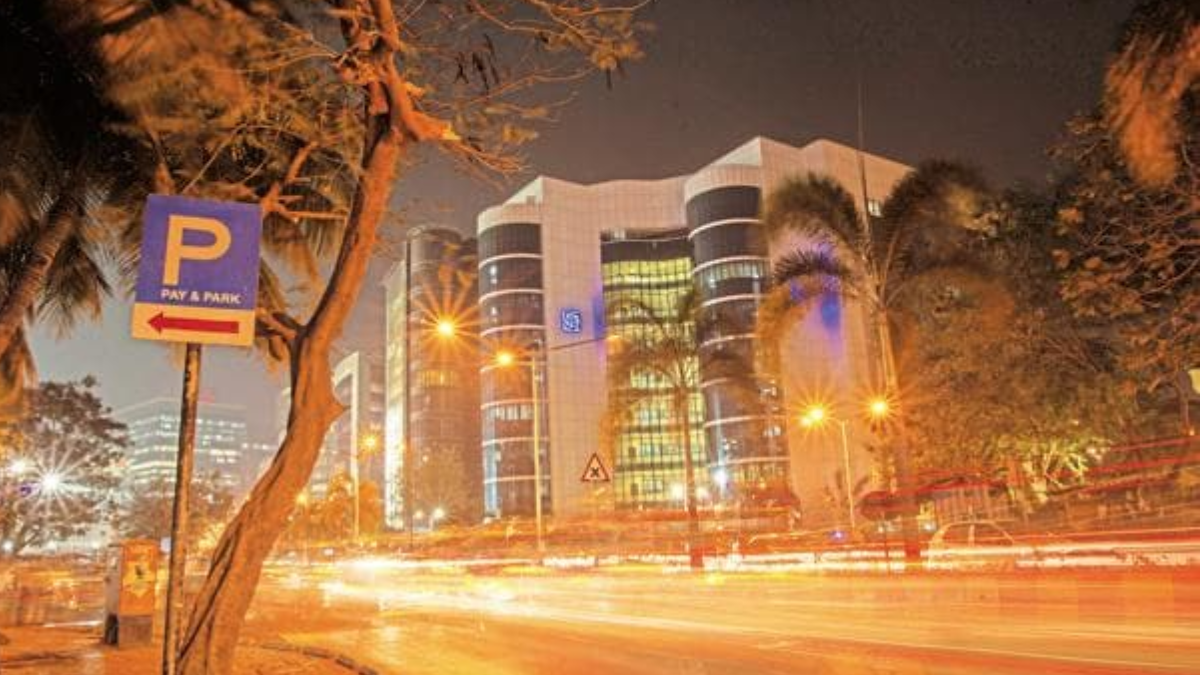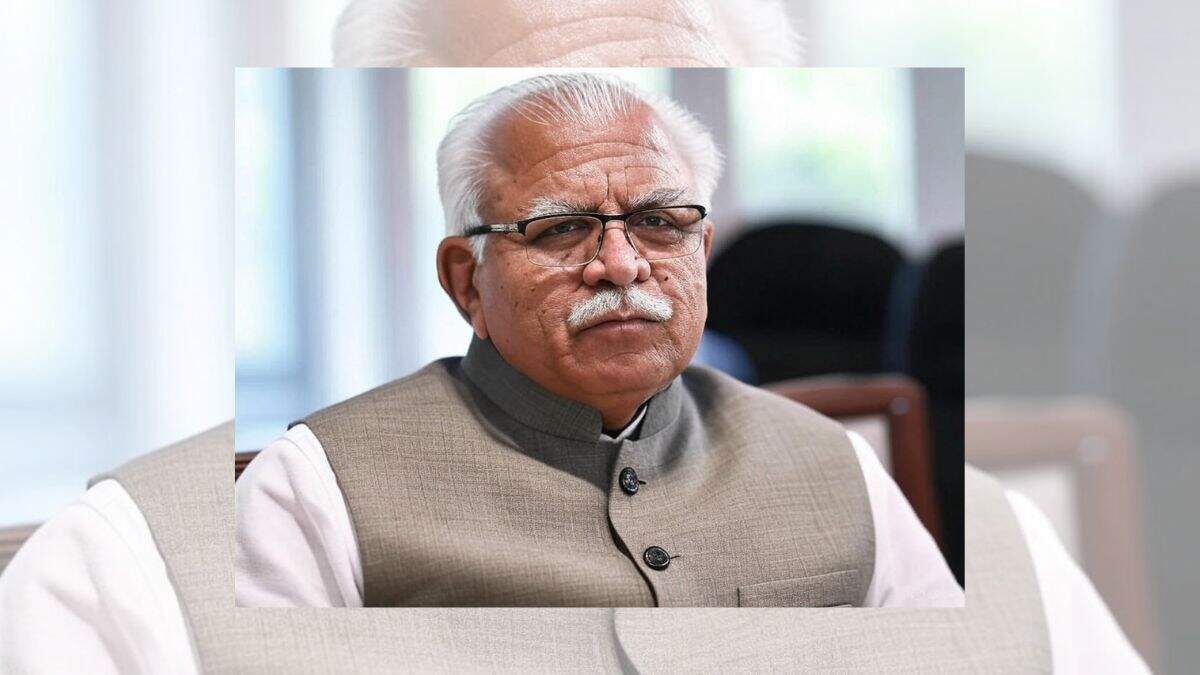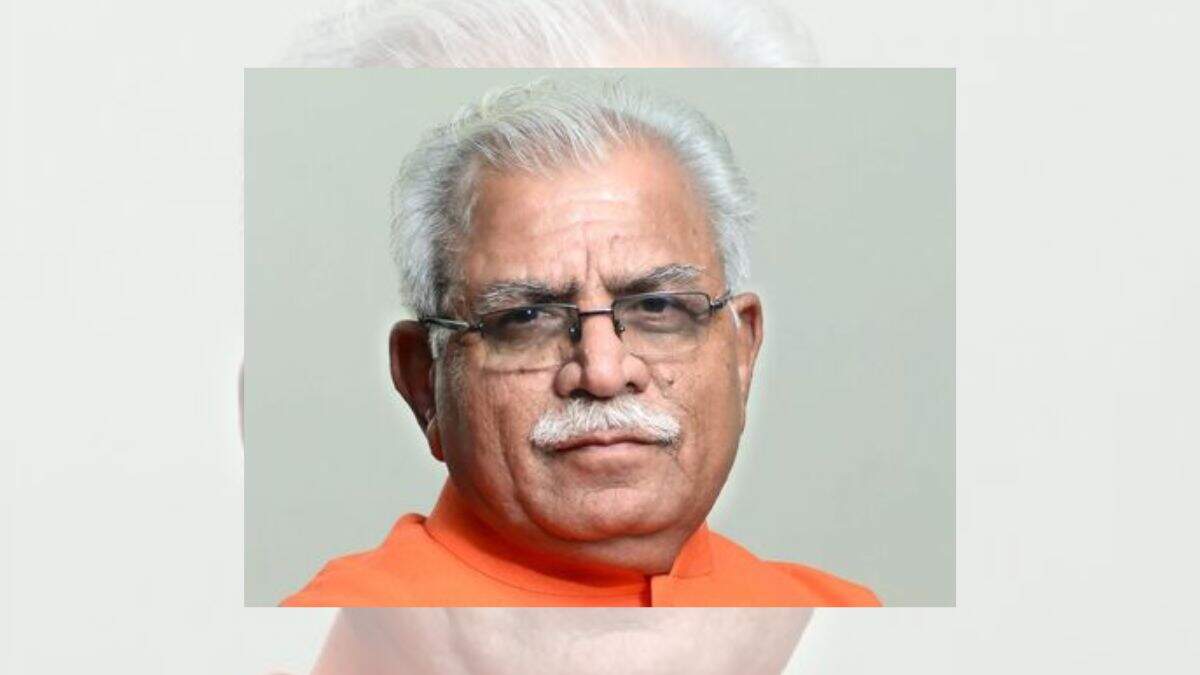India Tops Global Crypto Adoption Despite Stringent Regulations and High Taxes - Read Here

India continues to dominate the global cryptocurrency scene, emerging as the top-ranked nation in the 2024 Global Crypto Adoption Index published by blockchain analytics firm Chainalysis. Despite the country’s strict regulatory environment and hefty trading taxes, India has maintained its leadership in crypto adoption for the second consecutive year. According to the report, India’s high ranking is due to increased use of both centralized exchanges and decentralized finance (DeFi) assets between June 2023 and July 2024.
What makes India's success particularly notable is the complex regulatory framework that governs cryptocurrency trading in the country. Since 2018, India has enforced stringent rules surrounding crypto, making it difficult for investors and exchanges to navigate the market freely. Yet, despite these hurdles, India’s crypto community has shown resilience, pushing the nation to the top of the global crypto charts.
Widening Crypto Adoption Across Income Brackets
The Chainalysis 2024 Geography of Cryptocurrency Report highlights a crucial shift: while crypto adoption was primarily driven by lower-middle-income countries last year, this year saw increased activity across all income brackets. However, high-income countries have witnessed a decline in crypto activity since early 2024, suggesting that the surge in adoption is being driven by nations like India, where grassroots engagement with digital assets is on the rise.
India’s prominence in the crypto space reflects the broader trend of growing crypto adoption in countries with lower purchasing power. The report found that decentralized transactions under $10,000, a marker of grassroots adoption, were especially prominent in countries like Indonesia and Vietnam, where digital assets offer an alternative to traditional financial systems. India’s robust use of centralized exchanges and DeFi platforms further illustrates the country’s commitment to integrating cryptocurrency into its financial ecosystem, even as investors face steep trading taxes and regulatory scrutiny.
Regulatory Pressures and Exchange Crackdowns
India’s crypto success has not come without challenges. In December 2023, India’s Financial Intelligence Unit (FIU) issued show-cause notices to nine offshore exchanges for failing to comply with local regulations. Among the exchanges penalized were Binance, the world’s largest crypto exchange, and KuCoin, both of which had registered with the FIU to resume operations in India earlier that year.
Binance was fined INR 18.82 crore ($2.25 million) in June, just a month after registering with the FIU, while KuCoin faced a smaller penalty of INR 34.5 lakh. The crackdown on offshore exchanges demonstrates the Indian government’s firm stance on enforcing its crypto laws, particularly regarding anti-money laundering (AML) compliance.
Despite these regulatory hurdles, seven of the top 20 countries in Chainalysis’ global crypto adoption index were from Central and South Asia, including Indonesia, Vietnam, and the Philippines. This shows that the region is a hotbed for crypto activity, with India leading the charge.
Crypto Exchanges Seek to Restart Operations in India
In parallel with India’s ascent in global crypto rankings, several prominent crypto exchanges are seeking to restart their operations in the country. Earlier today, Inc42 reported that the Finance Ministry’s Financial Intelligence Unit (FIU) will hear petitions from seven offshore crypto platforms that were previously banned for violating the Prevention of Money Laundering Act (PMLA). Exchanges such as Bitfinex, MEXC Global, Kraken, Huobi, Gate.io, Bittrex, and Bitstamp will present their cases later this week, seeking permission to resume business in India after settling an estimated INR 2,900 crore in pending GST.
This development marks a crucial moment for the Indian crypto landscape, as the re-entry of these major global players could inject new momentum into the market. If these platforms successfully resolve their regulatory issues, it could pave the way for a more open and competitive crypto market in India, benefitting both investors and the wider economy.
Crypto Adoption in Asia: A Power Shift to Developing Economies
Chainalysis’ report also highlighted a growing trend in decentralized transactions in lower-income countries. In Indonesia, for example, where cryptocurrencies are banned as a payment method but allowed for investment, digital asset trading reached a staggering $157.1 billion in inflows over the year ending in July 2024. This underscores the important role cryptocurrencies play in regions with limited access to traditional financial infrastructure.
While wealthier nations may be slowing down in their crypto engagement, countries like India, Indonesia, and Vietnam are filling the gap. These nations are not only embracing crypto for investment purposes but also as a vital tool for remittances, small-scale trading, and even financial survival in times of economic instability.
The Road Ahead for India’s Crypto Market
India’s dominance in the global crypto adoption index suggests that the country is set to remain a leader in the digital asset space. However, the road ahead will be shaped by how India’s regulatory landscape evolves. The Indian government has already demonstrated a commitment to enforcing its crypto laws through the FIU, and any future growth will depend on how well exchanges and investors can navigate these rules.
As major exchanges await the FIU’s decision on their petitions to restart operations, the Indian crypto community remains optimistic. The successful re-entry of these platforms could signal a new chapter for India’s crypto market, driving further adoption and innovation. With its growing user base, increasing transactions on decentralized platforms, and a resilient approach to regulatory challenges, India is poised to lead the global crypto revolution in the years to come.





















